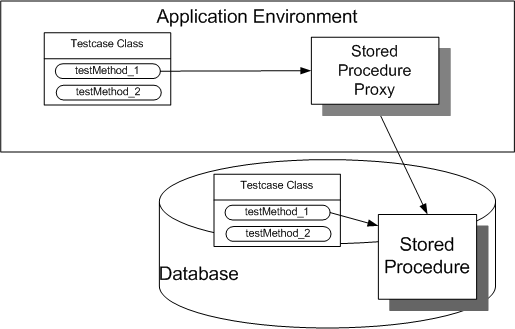1
2012
What is a Stored Procedure?
Stored procedure refers to the routine available when using a relational database system. Stored procedure is also called Proc, Sproc, SP or StoPro. They are usually available within a data dictionary.
Most stored procedures are used for data validation. Data validation is integrated within a database. Stored procedure is also used to unite as well as integrate logic in implementing applications. For more complex procedures that require SQL statements, the use of stored procedures will definitely be an advantage. All applications under stored procedure will just need to call the formula only. Stored procedure is compared to the User-defined function. Unlike the User-defined function, which can be used by using other expression in the SQL statement, stored procedure only uses the CALL or the EXECUTE statement.
Stored procedure has several unique features. It can return result sets as well as receive and modify variables, but it depends on how the variable is affirmed. Other use of stored procedures includes transaction management. Users can manipulate transaction within a database. Stored procedure can be derived from a condition handler or a database trigger. For instance, a user can use a stored procedure to modify the data in a specific table. Thus, the code in a procedure will be performed. With the use of stored procedures, users can keep track of significant data and prevent errors or failures.

How to Implement a Stored Procedure
Stored procedure can be implemented in different circumstances. Using stored procedure varies from one system to another. Depending on the system used, stored procedure can be implemented in several programming languages. Users can use the SQL statement, C++, C and Java. On the other hand, stored procedures not using SQL programming languages will probably not execute SQL statements. Because of stored procedures, SQL statements became a necessity, especially for SQL applications such as Microsoft SQL server that allows transact-SQL as a form of stored procedure and Oracle which uses PL/SQL and PostgreSQL.
Advantages of Stored Procedures
Many users would usually ask about the benefits of stored procedures. Here are the main reasons for using stored procedures in certain applications.
1. Since stored procedures are managed by SQL programming languages, there is a precompiled execution, which means that the SQL server compiles the data and allows the user to execute the plan of the stored procedure repeatedly. This allows higher performance on the part of the application used.
2. If you’re experiencing server or client traffic, then using stored procedures is the best way to control traffic. Stored procedures reduce the incidence of long SQL queries, thus, keeping all server and clients organized and intact.
3. Stored procedures can be utilized by several users and servers. If a user utilized a stored procedure in an organized manner, the user will definitely have less time manipulating and storing data.
With the use of a stored procedure, a user can ensure that data are stored properly and securely. Each stored procedure has a secure code which allows only registered users to access on significant data.
Further readings
Advertisements
Recent Posts
- What is a Disaster Recovery Data Center
- What is a Relational Database?
- What is a Flat File Database?
- What is a DSN or Database Source Name?
- What is a Disaster Recovery Plan?
- What is an Open Source Database?
- What is Disaster Recovery?
- What is a Database Cluster?
- What are Database Servers?
- What are Database Forms?
Random Posts
- What is a Web Database?
- What is an Informix Database?
- What are High Availability Clusters
- What is a Data Dictionary?
- What is Data Management?
- What is a Microsoft SQL Server Database?
- What is a Data Mart?
- What is a Database Management System or DBMS?
- What is Database Auditing?
- What are Database Forms?

 An article by
An article by 




